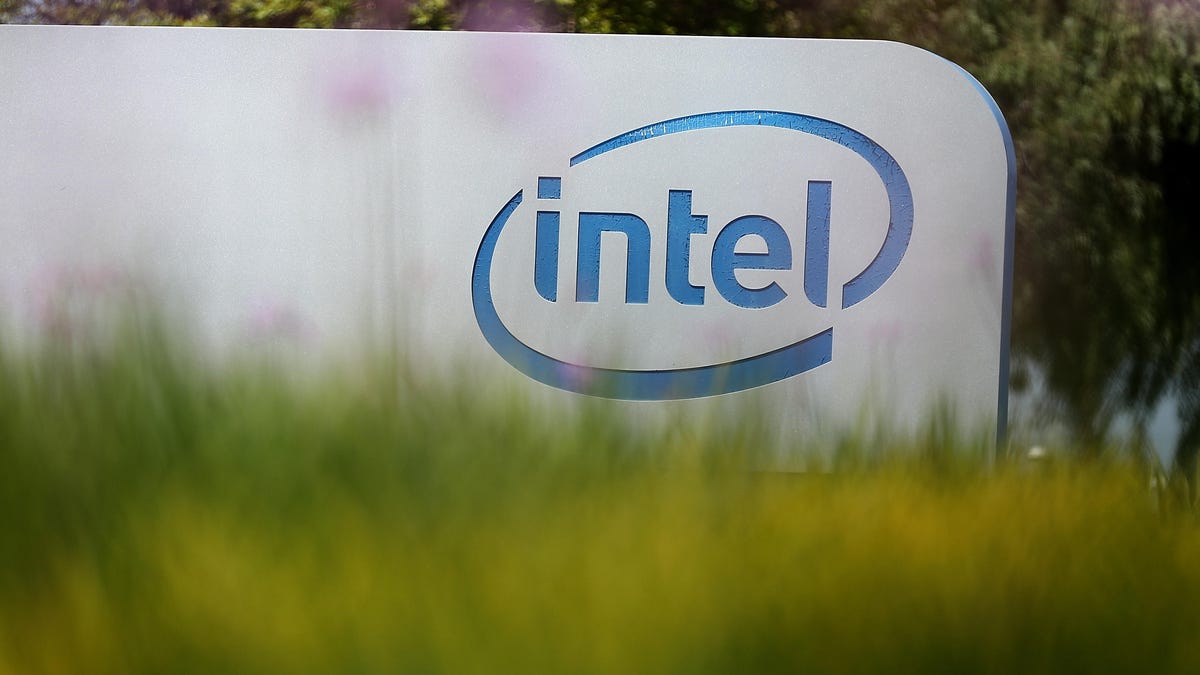Intel says it closed its pay gap globally
The company also incorporated stock compensation to its analysis of pay equity.

Employees at Intel now get equal pay for equal work, the company said.
Intel has achieved gender pay equity across its global workforce, the company said Tuesday.
The giant chip maker also said that it had added stock-based compensation to its pay-equity analysis. Previously, pay adjustments were only made to employees' base pay and bonuses. The company began evaluating total compensation, which includes stock grants, last year.
Intel defines pay equity as "closing the gap in the average pay between employees of different genders or races and ethnicities" in the same or similar roles. The company takes performance, tenure and other factors into account.
"Our commitment to achieving gender pay equity is central to making Intel a truly inclusive workplace, which we believe is a key factor in employee performance, productivity and engagement," Julie Ann Overcash, vice president of human resources and director of compensation and benefits, wrote in a post. "A diverse workforce and inclusive culture are essential to our evolution and growth."
Boosting diversity is a hot topic in the tech industry , which is dominated by white men and plagued with biases against women. Men make up three quarters of the US tech workforce, according to the Kapor Center, a nonprofit supporting women and people of color in STEM. Silicon Valley has also struggled to represent racial diversity, with black and Latino employees making up around 7.4 percent and 8 percent of the workforce respectively, according to the US Equal Employment Opportunity Commission.
Intel has around 107,000 regular employees in more than 50 countries, which made identifying and closing pay gaps difficult, it said. The company's legal and human resources teams worked with an outside vendor to use "proven statistical modeling techniques" to pinpoint countries with a gender pay gap. Employees who weren't being compensated equally received adjustments to close the gap.
There is, of course, still work to be done. Intel said it has fewer women in senior roles.
"This is a gap we - and the entire technology industry - are working hard to address," Overcash wrote. "We continue to improve representation and progression opportunities for women at Intel, in all countries in which we do business."
In October, Intel said it reached full representation in its US workforce, two years ahead of its original goal. The company will "continue to assess and close pay gaps to maintain gender pay equity globally," Overcash said, and "will also maintain race and ethnicity pay equity in the US."

